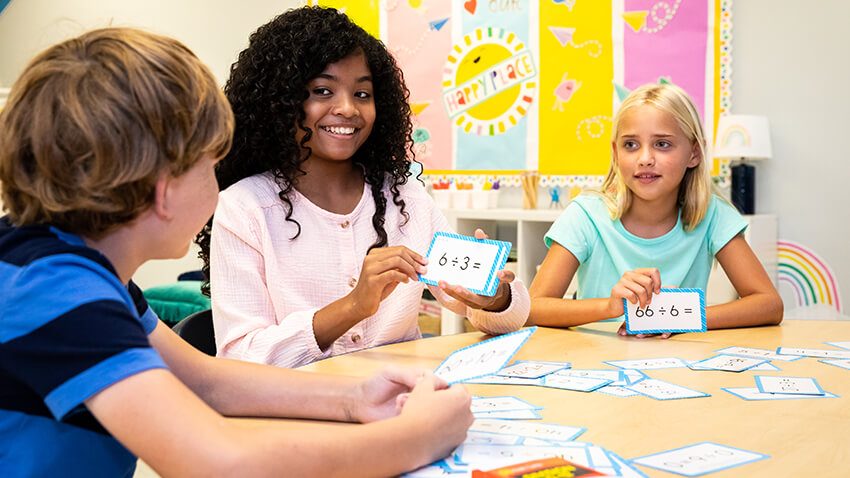Key Points at a Glance
Active recall is a powerful memory technique that involves testing yourself to retrieve information from memory, improving long-term retention.
Passive review, while more comfortable, is less effective because it does not actively engage the brain in retrieving knowledge.
Scientific studies show that students who use active recall perform significantly better on exams than those who rely on rereading or highlighting.
When it comes to studying, not all methods are created equal. While some students spend hours rereading notes or highlighting textbooks, others ace their exams with less study time by using techniques that truly work.
The key difference often lies in how information is processed. Two of the most common approaches — active recall and passive review — produce vastly different results. If you’re looking to retain knowledge longer and perform better in assessments, understanding the strengths and weaknesses of these two methods is essential.
What Is Active Recall?
Active recall is a study technique where you actively retrieve information from your memory, rather than just re-exposing yourself to it.
Examples of Active Recall:

Testing yourself with flashcards.
Answering past questions without looking at notes.
Summarizing what you learned from memory.
Teaching the content to someone else.
This technique forces the brain to work harder, which strengthens memory pathways and improves long-term retention.
A classic example is using flashcards for vocabulary — instead of reading the definition repeatedly, you quiz yourself on the meaning, which helps reinforce recall.
What Is Passive Review?
Passive review involves going over information in a way that doesn’t require the brain to retrieve or process it deeply.
Common Forms of Passive Review:

Re-reading notes or textbooks.
Highlighting or underlining text.
Watching lessons without interaction.
While this method feels easier and more familiar, it often leads to quick forgetting because the brain isn’t challenged to actively recall or apply the information.
Students may feel productive while passively reviewing — but studies show that it gives a false sense of mastery.
Key Differences Between Active Recall and Passive Review
| Feature | Active Recall | Passive Review |
| Involves memory retrieval | Yes | No |
| Promotes long-term retention | Yes | No |
| Requires mental effort | High | Low |
| Gives illusion of mastery | No | Yes |
| Backed by cognitive science | Strong evidence | Weak evidence |
The conclusion is clear: active recall is more challenging but far more effective than passive review.
Scientific Evidence Supporting Active Recall
Numerous studies in cognitive psychology and neuroscience support the effectiveness of active recall.
One landmark study by Karpicke and Roediger (2008) found that students who tested themselves after learning retained 80 percent of the material, compared to just 30 percent for students who only reviewed the content.
Another research paper published in Science (2011) confirmed that retrieval practice (active recall) is one of the most powerful ways to enhance learning.
This evidence has led high-performing schools like MICS to embed active recall techniques into their teaching practices — helping students engage more meaningfully with content.
Real-Life Ways Students Can Use Active Recall
Here are practical strategies students can adopt to incorporate active recall into their study routines:
1. Use Flashcards
Apps like Anki or Quizlet use spaced repetition and active recall to make studying more effective.
2. Practice Past Questions
Answering questions without referring to notes boosts confidence and memory.
3. Teach Someone Else
Explaining concepts aloud to a classmate, sibling, or even to yourself can reinforce understanding.
4. Brain Dumps
After studying a topic, write down everything you remember — then check what you missed.
5. Use the Feynman Technique
Break complex ideas into simple explanations as if teaching a child.
Why Top-Performing Schools Emphasize Active Learning
Education today is not just about passing exams — it’s about deep understanding, critical thinking, and lifelong learning skills. Schools that recognize this prepare students for success far beyond the classroom.
Morgan International Community School (MICS) exemplifies this approach by:
Incorporating retrieval-based learning activities
Designing assessments that test application, not memorization
Training teachers to encourage student-led discovery
Creating a culture where effort, not just results, is celebrated
As a result, MICS students learn how to think, not just remember — giving them a competitive edge in IB, Cambridge, and other academic frameworks.

Final Thoughts
While passive review might feel easier, it often leads to shallow learning and quick forgetting. Active recall, though more effortful, is the gold standard when it comes to effective studying.
By using strategies like self-quizzing, spaced repetition, and teaching others, students can transform their study routines and improve both short-term performance and long-term success.
At Morgan International Community School, these principles are more than just theories — they’re embedded in the school’s academic DNA. MICS believes in helping students study smart, learn deep, and thrive globally.
